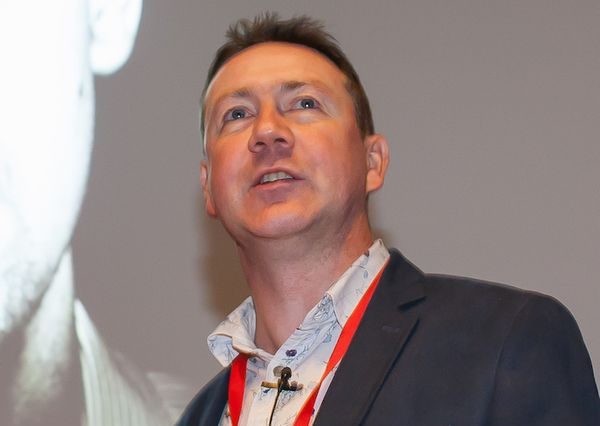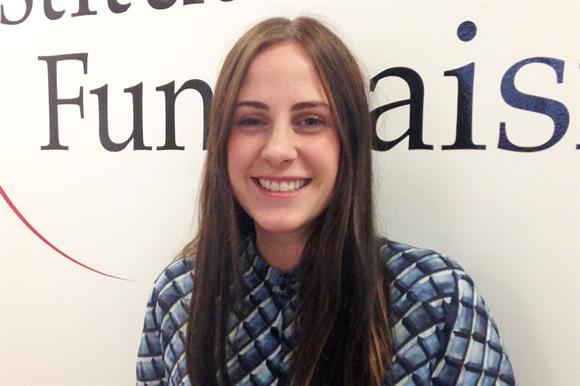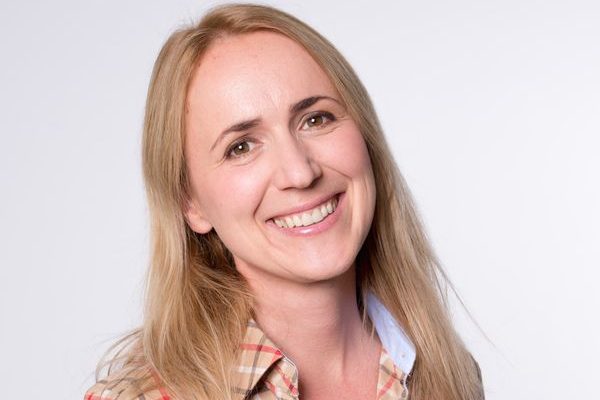
How to adapt to the age of consent
September 26, 2016
How to get your trustees on board
December 8, 2016Fundraising associations have now been established in around 20 European nations, with the aim of better supporting fundraisers and fundraising organisations in a myriad of ways. Fundraising Europe interviews Mladenka Majerić, managing director of RED NOSES Clowndoctors Croatia, about her hopes for setting up an association in Croatia.
[Fundraising Europe] The fundraising sector has advanced notably in Croatia in recent years. Can you tell us a bit more about your national fundraising environment?
[Mladenka Majerić] With a population of around four million people, Croatia’s background as part of the Socialist republic of Yugoslavia from the end of the Second World War until 1991 has been an important factor in the development of our national fundraising environment.
Civil initiatives were not encouraged during that time and all social issues were the responsibility of the government. Because of this, fundraising has only really started to develop over the past twenty years. It’s been a case of small steps, especially in the area of public fundraising, but now we are starting to see real progress.
International organisations like Unicef, SOS Children Village and Red Noses Clowndoctors are leading the field because they have the experience and support from their international counterparts and umbrella organisations. But most NGOs still largely depend on funding from local and national authorities and are striving to become financially sustainable.
What needs to be done to help fundraising organisations and individuals develop?
Generally speaking, we need more and better fundraising expertise to enable NGOs to generate funds and that is one of the reasons why I feel it is so important to have a fundraising association that will enable fundraisers to share and learn from one another.
But, at the same time, the legal environment for fundraising needs adjustment to support development of the industry and there is a lot work to be done in influencing public policies.
Perhaps the biggest challenge is getting acknowledgement and building understanding of the importance of philanthropy from both public and private sources.
We also need to help the sector develop efficient communication strategies, financial transparency practices and to help shape the development of public fundraising law and corporate social responsibility.
While there is much that needs to be done to further develop fundraising here, what is critical is that there is a strong sense of solidarity among people in Croatia. When there is a call for action, support from society never fails.
You have registered your interest with EFA for setting up a fundraising association in Croatia. Why do you think it is so important to create an association?
Setting up a fundraising association in Croatia will raise public awareness of the importance of fundraising and the impact of those fundraising activities in contributing to resolving societal issues.
Most importantly, I’m sure that through the fundraising association we will be able to empower and equip fundraisers to know how to communicate their mission, to stand up for their values and unique contribution that their activities can bring to individuals and community. We also need to help them develop their understanding of the responsibility they have towards donors and the importance of transparency and good governance.
I’m convinced that with support from EFA and its member organisations we can make the difference to the fundraising industry in Croatia and bring positive change that will enable charities to achieve their own missions and best support their beneficiaries.
And on a more personal note, what is your fundraising background?
I’ve been working as the Managing Director of RED NOSES Clowndoctors Croatia since 2010, when the organisation was established.
Over the last twenty years, I have worked on various projects in civil society as well as the commercial world. All of these roles required innovation, driven by using local resources to develop added value for the community.
I first started fundraising during my studies, when I was a member of an international student organisation (AIESEC). We organised different events throughout the years, which all required different resources in order to be implemented. I managed projects and applications for funds from faculty and local authorities, but I also remember going to the local grocery shop to ask if they would donate drinks for our student gathering.
I wanted to learn new things and best international practices in the area of project management, public relations and fundraising, and so I participated in different workshops organised by AIESEC.
These student experiences showed me that nothing is impossible, so long as you know what you need and where to ask.
Since then, I have never stopped learning and discovering new practices or ideas that I can put into in my work. Implementing new ideas, which can make a real difference in the community, is my basic motivation to get engaged in the project.
About Mladenka Majerić
Mladenka Majerić has a background in economics, project management, fundraising and PR. The values that she pursues in business are positivity, teamwork and social innovation. She finds working in the non-profit sector fulfilling and inspiring and she wishes to spread her enchantment with these values to others.



